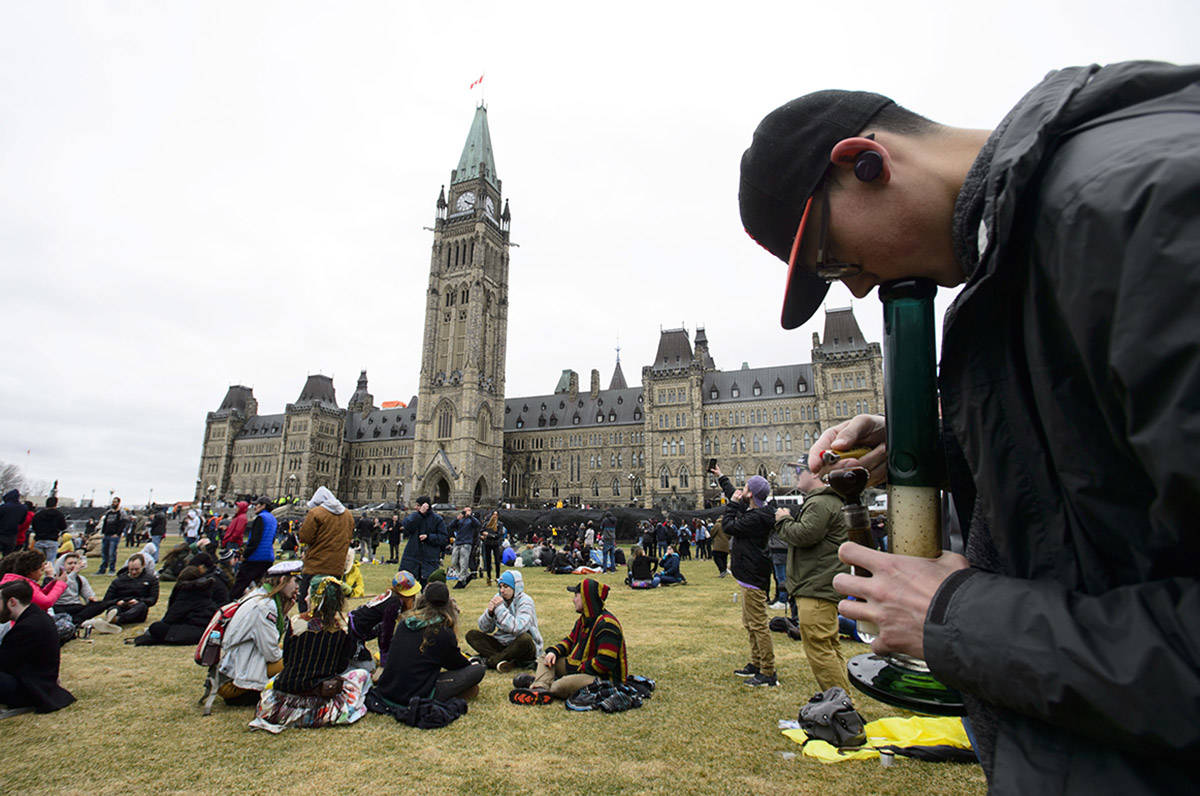By Salina May
Oct. 17 will mark two full years since recreational cannabis was legalized in Canada, and much has evolved regarding the cannabis industry and consumer culture in that time.
Some laws have changed since 2018 legalization (sales of edibles being added later), and a shift in market share from the illegal or gray market to the legal market has been trending.
Here’s a quick look at how the status of cannabis and the attitudes surrounding it have changed:
History of Legalization
Cannabis was placed on the Confidential Restricted List under Canada’s Narcotics Drug Act in 1923, kicking off 95 years of cannabis prohibition before it was legalized for recreational purposes in October 2018, although medical patients have been able to use cannabis legally here since 2001.
The federal recreational legalization first allowed only fresh or dried cannabis and cannabis oil to be produced and sold, although it also allowed people to grow up to four plants in their home and produce their own cannabis food and beverage products.
These laws came into force nationally, and provinces and municipalities were also able to add their own laws and restrictions so that the legalization of cannabis ended up looking different depending on where you are in Canada.
For example, all provinces except Manitoba and Quebec upheld the right for residents to grow the four plants per household, with Quebec banning any homegrown cannabis, and Manitoba only allowing cannabis to be grown at home with a medical prescription.
Cannabis edibles and topicals were legalized for use in October 2019. A couple months later these products hit store shelves and boosted legal cannabis sales. Although legal cannabis only makes up about 46 per cent of total cannabis sales in Canada as of the first quarter of 2020, as reported by the Financial Post, cannabis is now a $2.2-billion dollar industry.
Further growth is expected, especially as the sales of edibles and derivative products increase with consumer awareness, and with the increase of accessibility as more retail stores open across the country.
Pardons in Canada
In August 2019, the government of Canada announced a program to streamline access, as well as waive fees and waiting periods for individuals convicted of cannabis offences to be pardoned.
The government estimated that there have been over 250,000 cannabis convictions, and that thousands of these would be eligible for the streamlined pardon program, but as of April 2020 only 463 applications were received and only 238 of those applications were approved under the program.
One concern regarding the low number of pardons being received is that cannabis-related convictions have disproportionately affected Indigenous, Black, and other people of colour, making it more difficult for them to access housing, jobs and education.
While critics in the early days of recreational legalization pointed out that the actual legislation passed had so many restrictions and regulations that it actually made cannabis more illegal (at least if defined by the number and complexity of cannabis offences on the books that someone could be charged with), the change in legal status for cannabis has arguably had a positive impact for Canadians – from allowing better access to quality-tested cannabis products, to increasing government tax income from legal sales, to ending criminal proceedings for simple cannabis charges.
Canada is leading the way as the first G20 country to fully legalize cannabis for recreational use.

